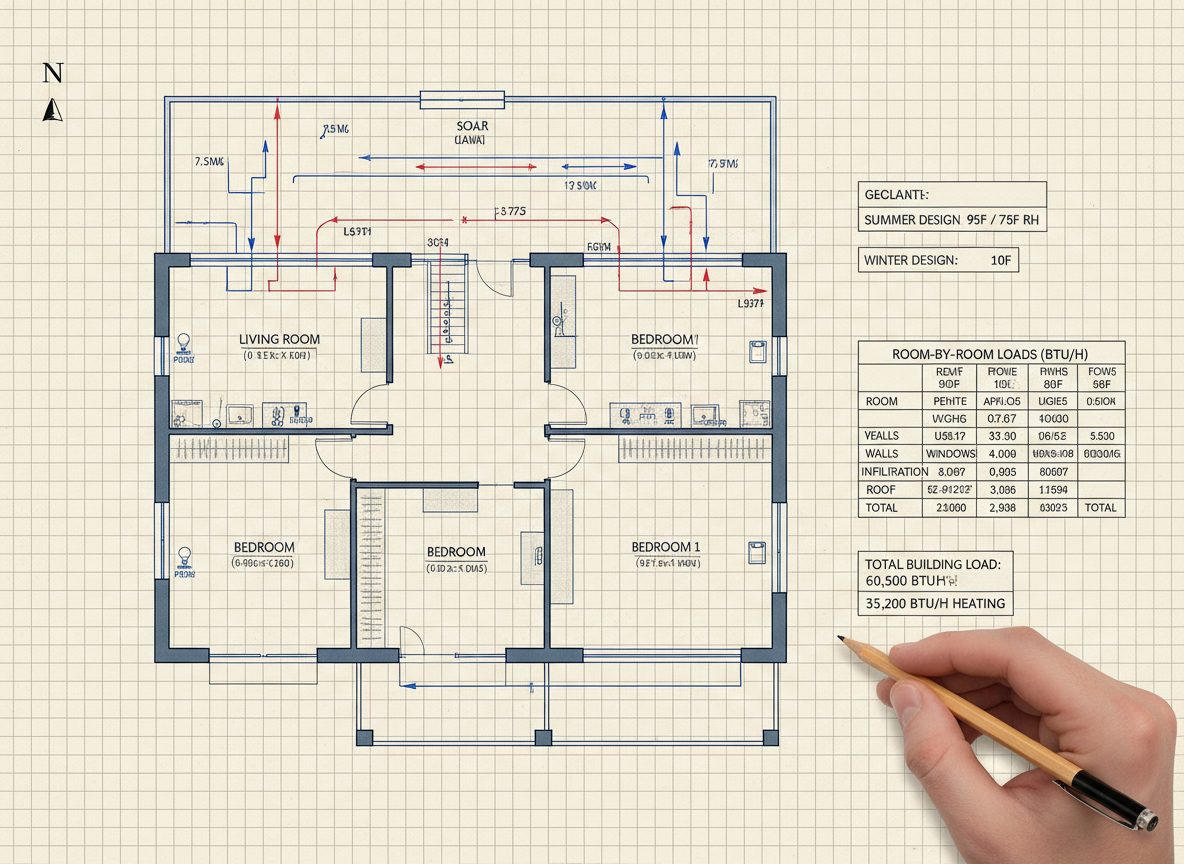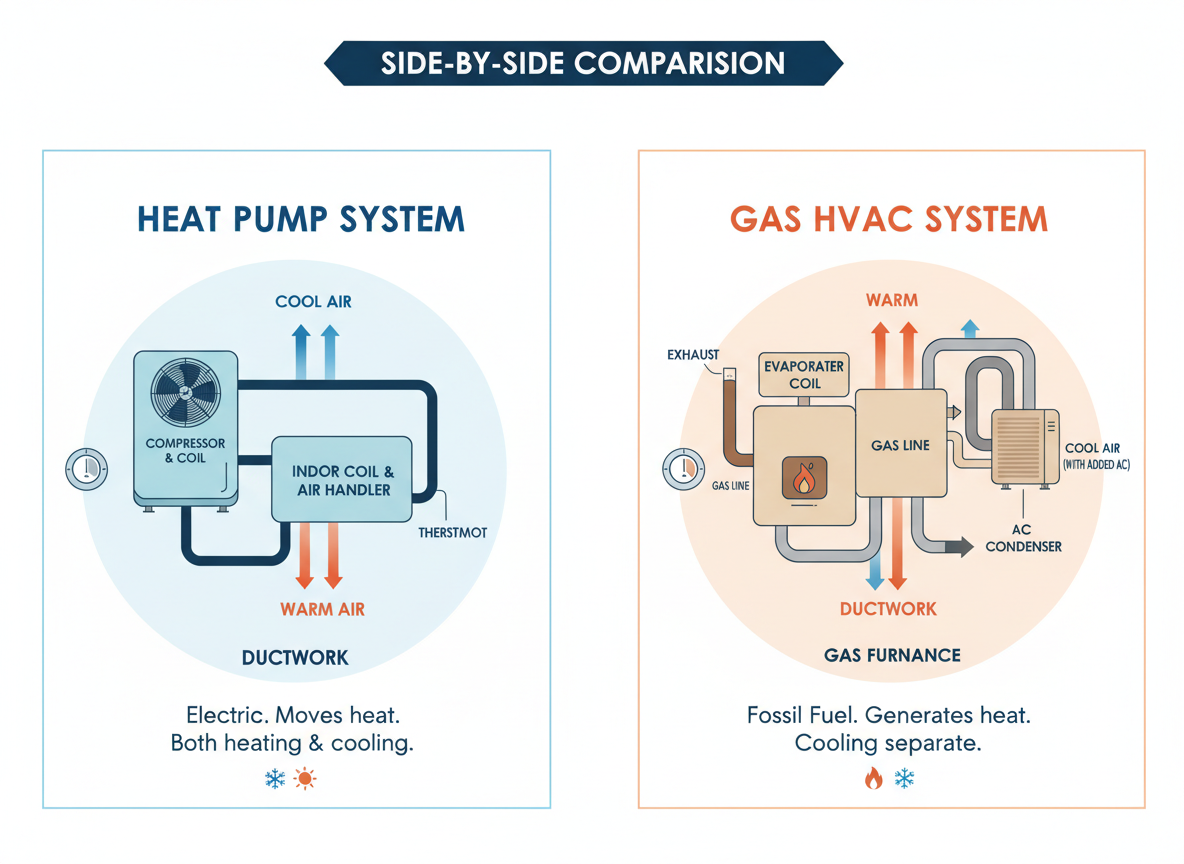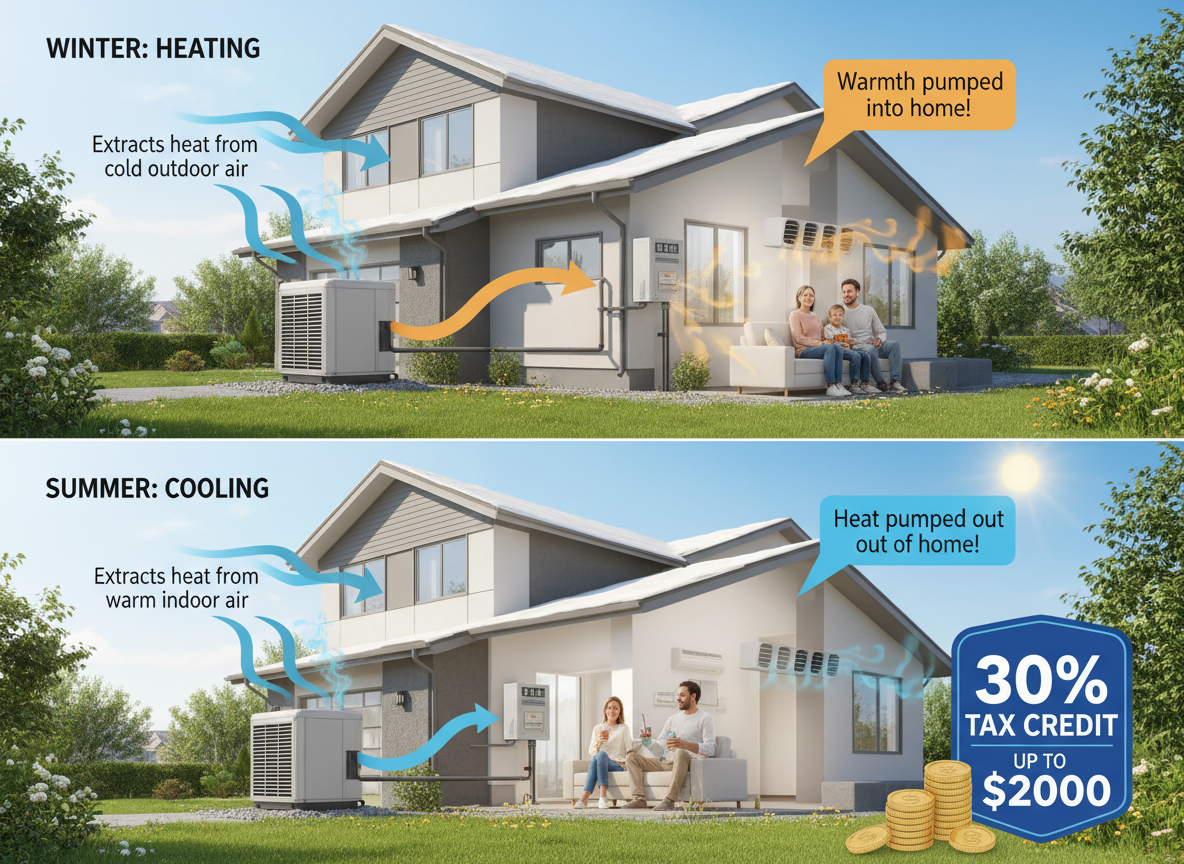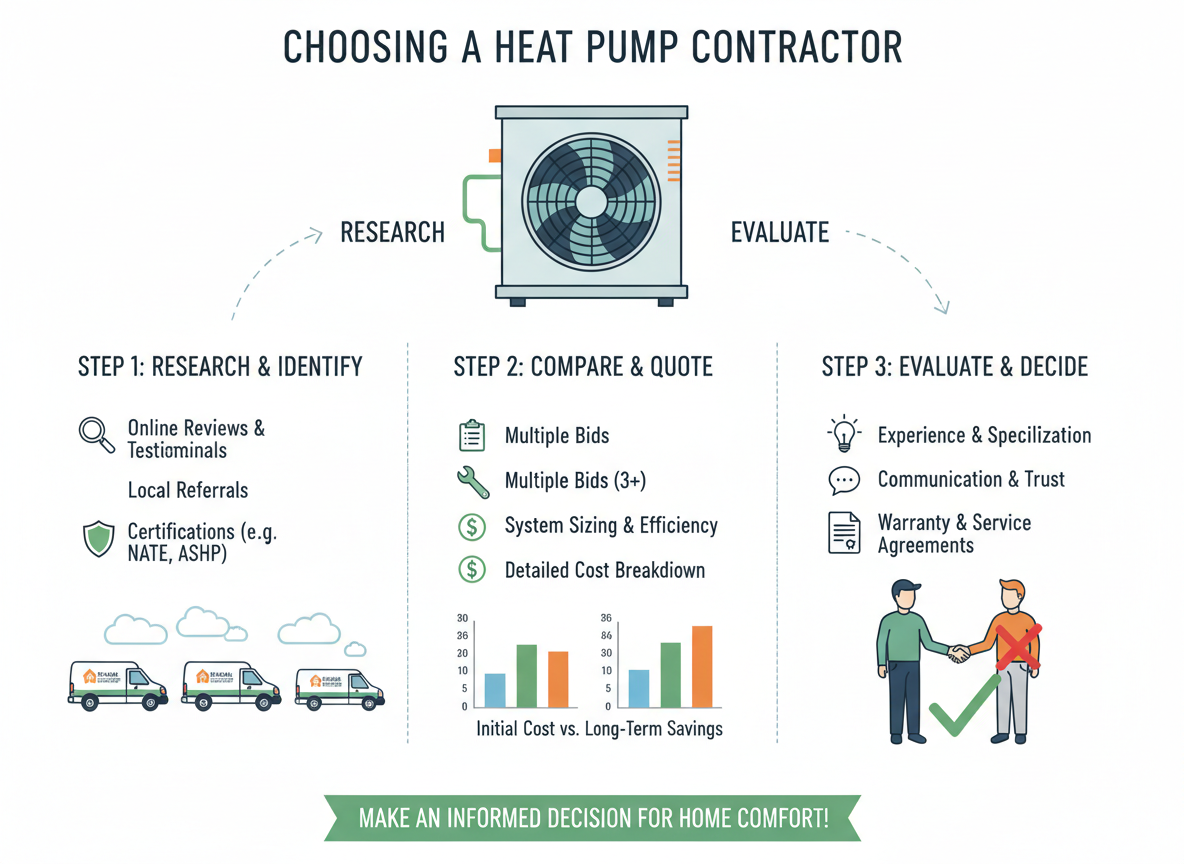
When To Replace Your Air Filter
Replacement times for ac air filter recommended by manufacturers vary by make and model, the type of filter used and the unit's operating conditions. Follow these filter-changing guidelines as part of your general air conditioning maintenance routine.
* If your HVAC system is used every day, it's best to change your air filter about once every four weeks. If it only operates sporadically, you can typically extend the time anywhere from six weeks to a full three months.
* Take your family's health into consideration. You'll want more frequent ac air filter changes if anyone suffers from asthma or allergies.
* Change it more often if you have indoor pets who lose dander or shed their fur.
* If you have hobbies or at-home work that creates dust, inspect the filter frequently because it's going to need changing much more often.
Conduct a visual inspection under various circumstances. Keep a chart of your findings. Eventually, you'll know which household conditions will speed up the need for an a/c filter change.
Changing your a/c filter in a timely manner is going to result in better HVAC efficiency and fewer repair costs. Without a sufficiently clean filter in place, you're going to have reduced comfort, increased ac maintenance and operating expenses and stressed equipment that can lead to premature failure of parts.
6 Most Popular Filter Types
A/C filters can result in better health and fewer incidences of respiratory illnesses. The higher the dust spot efficiency rating, the greater the filtering capacity. Under most conditions, you'll want to make a selection from one of the following six most popular types of a/c air filters:
* Standard panel filters are typically constructed from strands of fiberglass. They're very cheap and need to be replaced frequently. They offer the least amount of protection for your HVAC system and practically none for your well-being.
* Electrostatic filters appear economical because they can be washed and used over and over again. However, they have a tendency to clog up easily and require frequent repeated maintenance. The efficiency level is only slightly higher than with standard filters but the cost can be staggering. Prices range from $10 to well over $100.
* Pleated extended surface filters are typically one-inch thick and they offer moderate protection for your unit. Expect this filter to last about three months for less than $10. It's possible to purchase these filters in increased thickness to last longer. If going this route, consult with your air conditioning service technician. An air-handling adjustment will have to be made to ensure there's no restriction of air flow.
* Polyester filters perform similar to the extended surface filters but you'll usually have to purchase a frame. That's not so easily done. Many consumers opt to have a frame built for the specifications of their HVAC unit.
* Electronic air filters are extremely efficient. Custom-built and fitted, the average cost is edging toward $1000 and they need frequent maintenance. They also incur the added expense of operating on electricity. Some modification might be necessary to adapt to the increased restriction of the air flow.
* HEPA Filters are also known as particulate arrestors. Their spot efficiency is better than 99%. You'll need a custom-designed system to accommodate this filter. You won't usually find this type of filtration system outside of a clean-room in a sensitive industrial plant or a hospital's surgical unit.
As your highly recommended air conditioning maintenance and repair contractor, we're standing by to inspect and change your air conditioning air filter so you don't have to. We can even help you to change over to a more efficient, healthier filtration system. Call us today for a free consultation and quote.






















.png)














